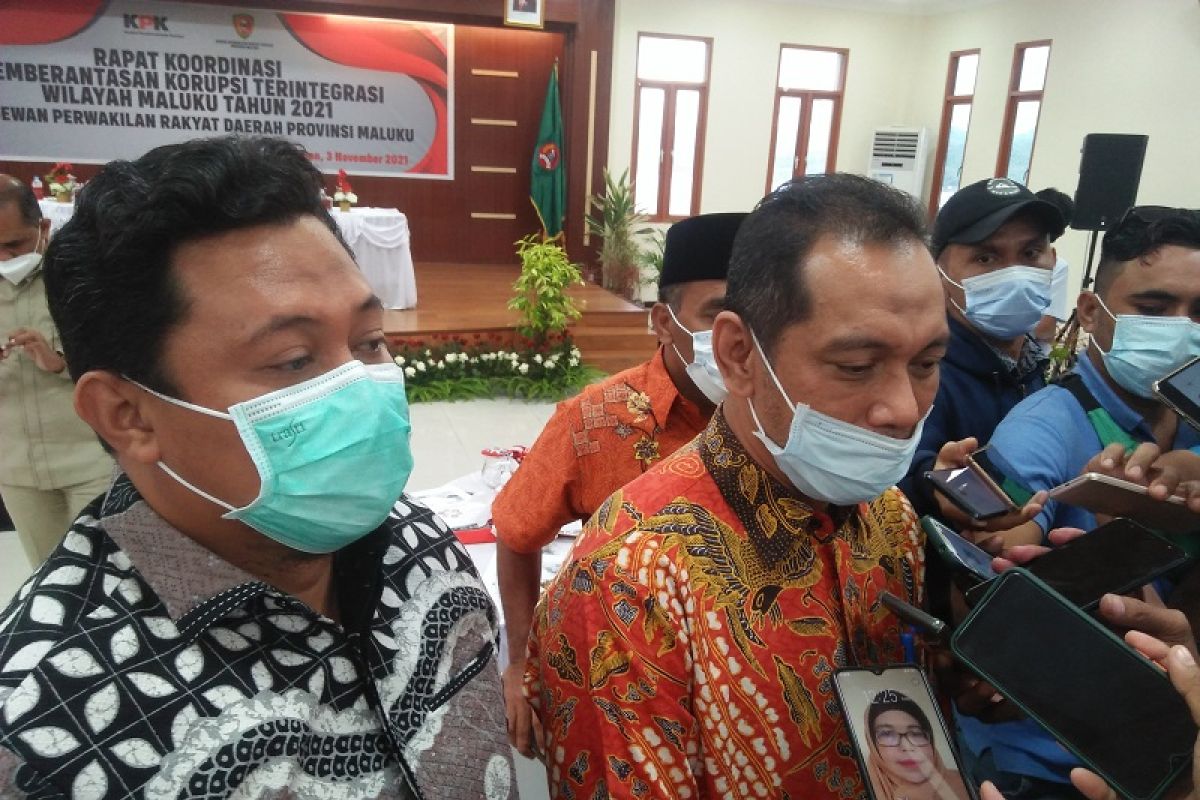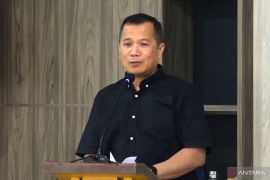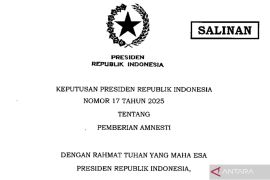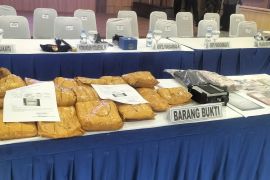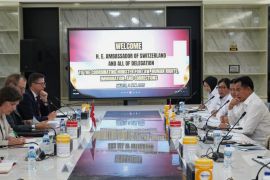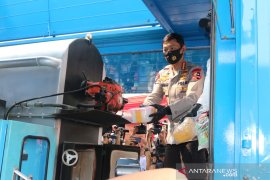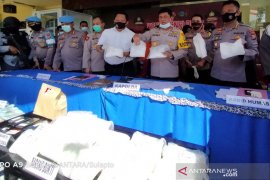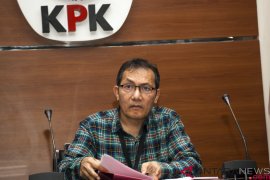"Certain conditions mean such as corruption of budget for natural disasters, the corona outbreak, as well as the condition of the country in a state of crisis," Ghufron informed in Ambon on Wednesday.
He made the statement after 2021 Coordination Meeting for the Integrated Corruption Eradication of the Maluku Region with the Leaders and Members of the Provincial House of Representatives.
The imposition of the death penalty for criminal acts of corruption is stated in Article 2 paragraph on Law Number 31 of 1999, as amended by Law Number 20 of 2001, he said.
This article stipulates corruption that harms state finances under certain conditions, such as a crisis or natural disaster, or the COVID-19 pandemic, he added.
"There is no limit to the value of the corrupted budget for violations like this, the point is there is state loss in accordance with the provisions of Article 2 paragraph (2) of the Anti-Corruption Law, which occurs under certain conditions," he remarked.
Related news: Corruption may invite death penalty: Attorney General
The Corruption Eradication Commission regularly coordinates with public service agencies and also law enforcement, such as the police, the Attorney General's Office, and the Government’s Development Finance Comptroller for Maluku province, he informed. It was their effort to handle corruption cases in Maluku, he added.
He said the process of imposing the law is not only the commission's task but also that of other law enforcement officers. The law's supremacy is applicable to anyone regardless of status, he added.
"If there are reports of alleged criminal acts of corruption, action will certainly be taken, and if there are allegations, the Corruption Eradication Commission will conduct investigations up to the prosecution," he said.
The chairman of the Maluku Region House of Representatives, Lucky Wattimury, pointed out that the institutions are committed to jointly supervising, guarding, controlling, and regulating Maluku province in an effort to develop the region for the better.
"Because the Regional House of Representative is actually an institution established by the state to control. The Corruption Eradication Commission has the same spirit and function, those being to supervise and enforce the law," he said.
The Regional House of Representatives exercises political control, while the Corruption Eradication Commission oversees it from a legal perspective, and all this is done with the same spirit and purpose, he added.
Related news: KPK to study possible death penalty for SPAM corruption convicts
Related news: Govt to retain death penalty In anti-corruption bill
Translator: Daniel Leonard, Mecca Yumna
Editor: Suharto
Copyright © ANTARA 2021
